Wars that were started by private companies
In the annals of history, wars are often attributed to nations or empires, but private companies have also played surprisingly significant roles in sparking conflicts. These corporate-driven wars are fascinating yet unsettling, as they reveal how business interests can lead to violence on a massive scale.
Take, for example, the infamous East India Company, whose ambition and greed led to multiple wars in India. Understanding these conflicts sheds light on the intricate ways in which commerce and military might intertwine.
The Ambition for Resources: East India Company and the Anglo-Indian Wars
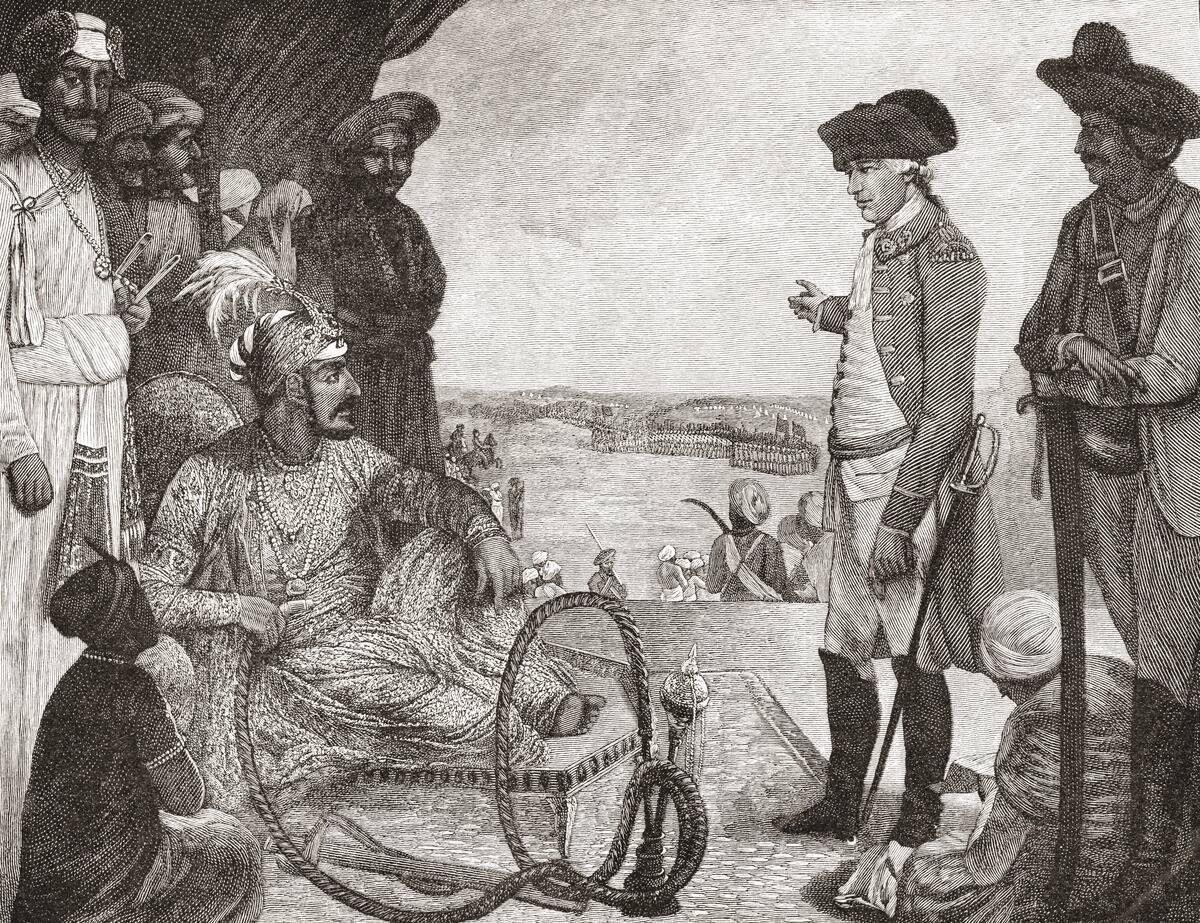
The East India Company, founded in 1600, was initially a trading entity but quickly became a political and military power in India. It orchestrated the Anglo-Indian Wars, which were a series of conflicts that solidified British control over the subcontinent.
Driven by the desire to monopolize resources like spices and textiles, the company established a private army and even minted its own currency, effectively operating as a sovereign state. Their actions laid the groundwork for what would become the British Raj.
The Opium Wars: Trade Disputes and the British East India Company
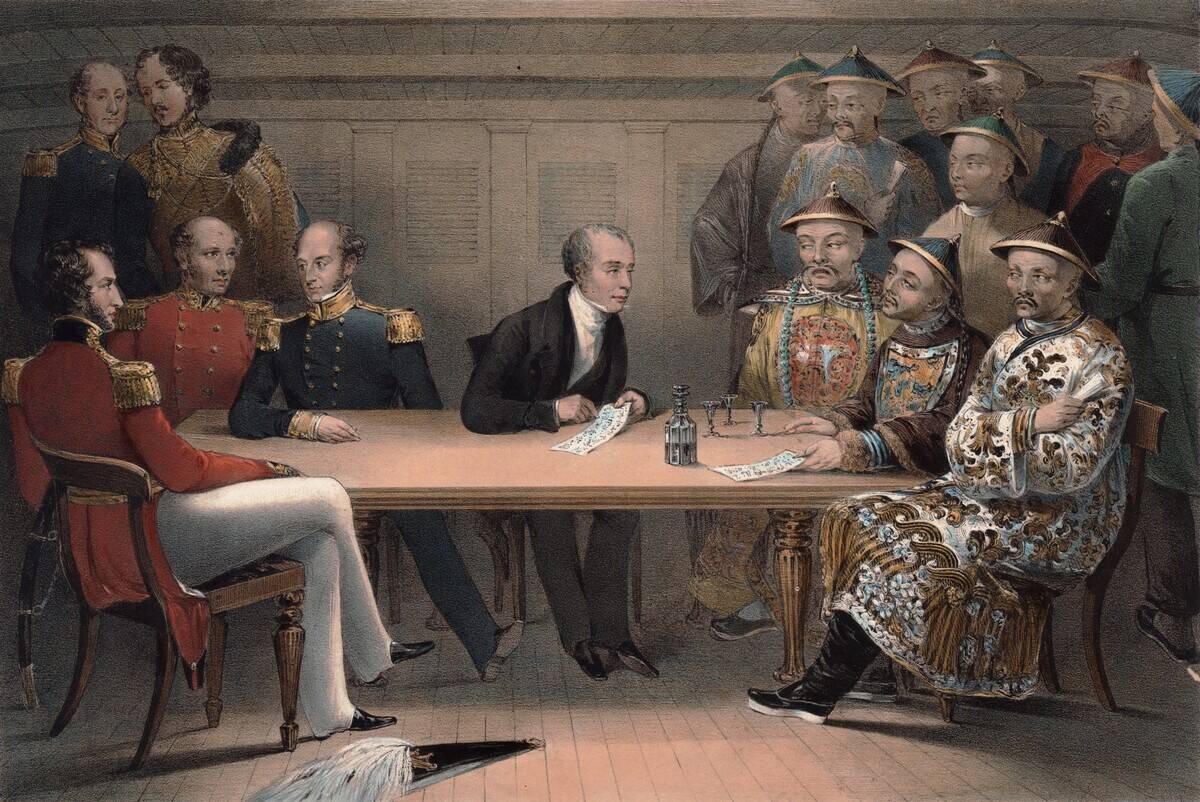
The Opium Wars of the mid-19th century were ignited by trade imbalances between China and Britain, with the British East India Company playing a pivotal role. To correct the deficit caused by high demand for Chinese tea, the company began smuggling opium into China, leading to widespread addiction.
When the Chinese government attempted to halt the trade, Britain launched military campaigns, resulting in treaties that favored British interests. These wars exemplify how corporate agendas can shape international relations.
The Role of the Hudson’s Bay Company in North American Fur Trade Wars
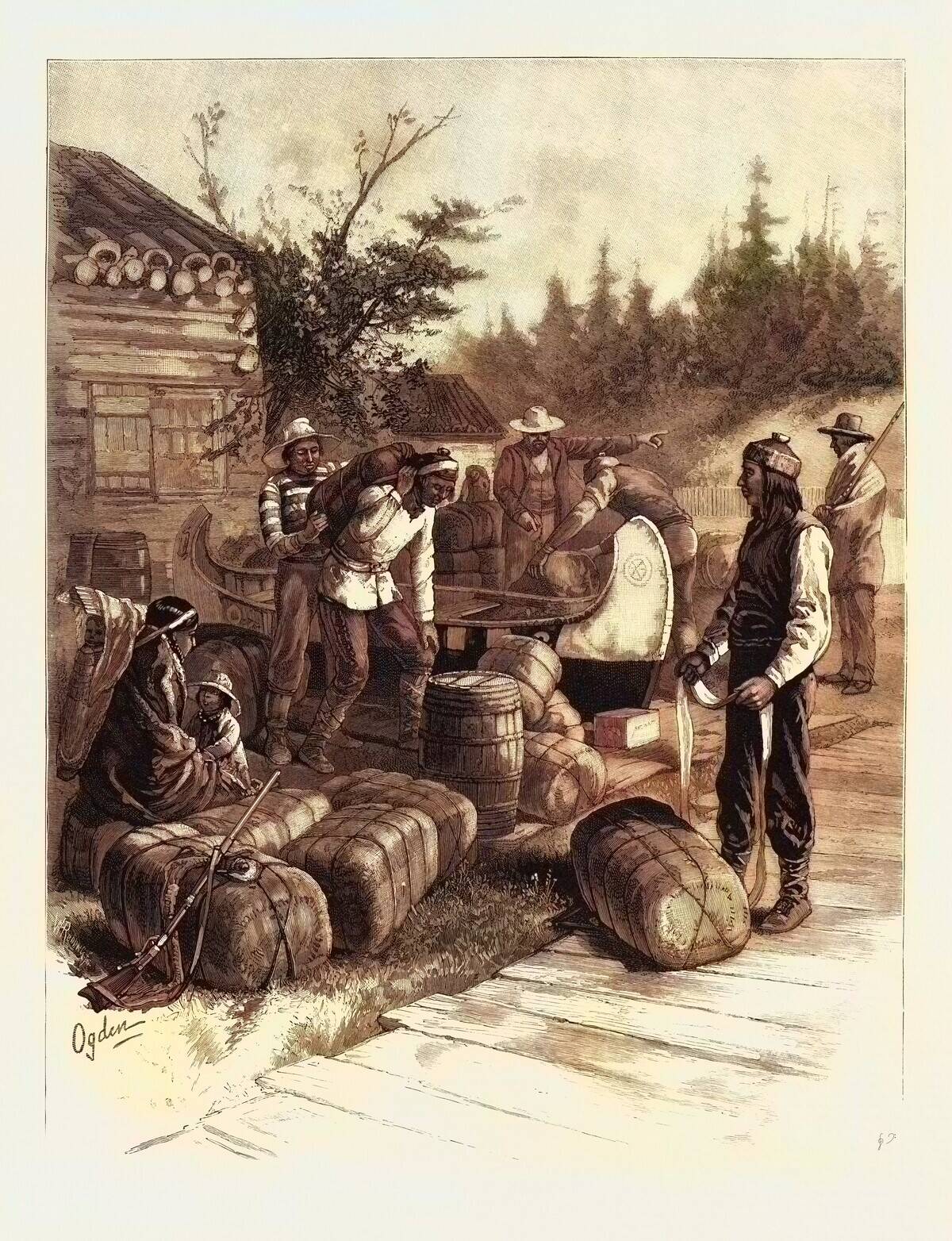
The Hudson’s Bay Company, established in 1670, was a major player in the North American fur trade, often clashing with the French and their allies. These conflicts, known as the Fur Trade Wars, were marked by fierce competition for control of trade routes and alliances with Indigenous peoples.
The company’s expansive reach and influence significantly impacted the geopolitical landscape of the region. Its legacy is a testament to how trade ambitions can drive military engagements and alter territories.
The Banana Wars: United Fruit Company’s Influence in Central America
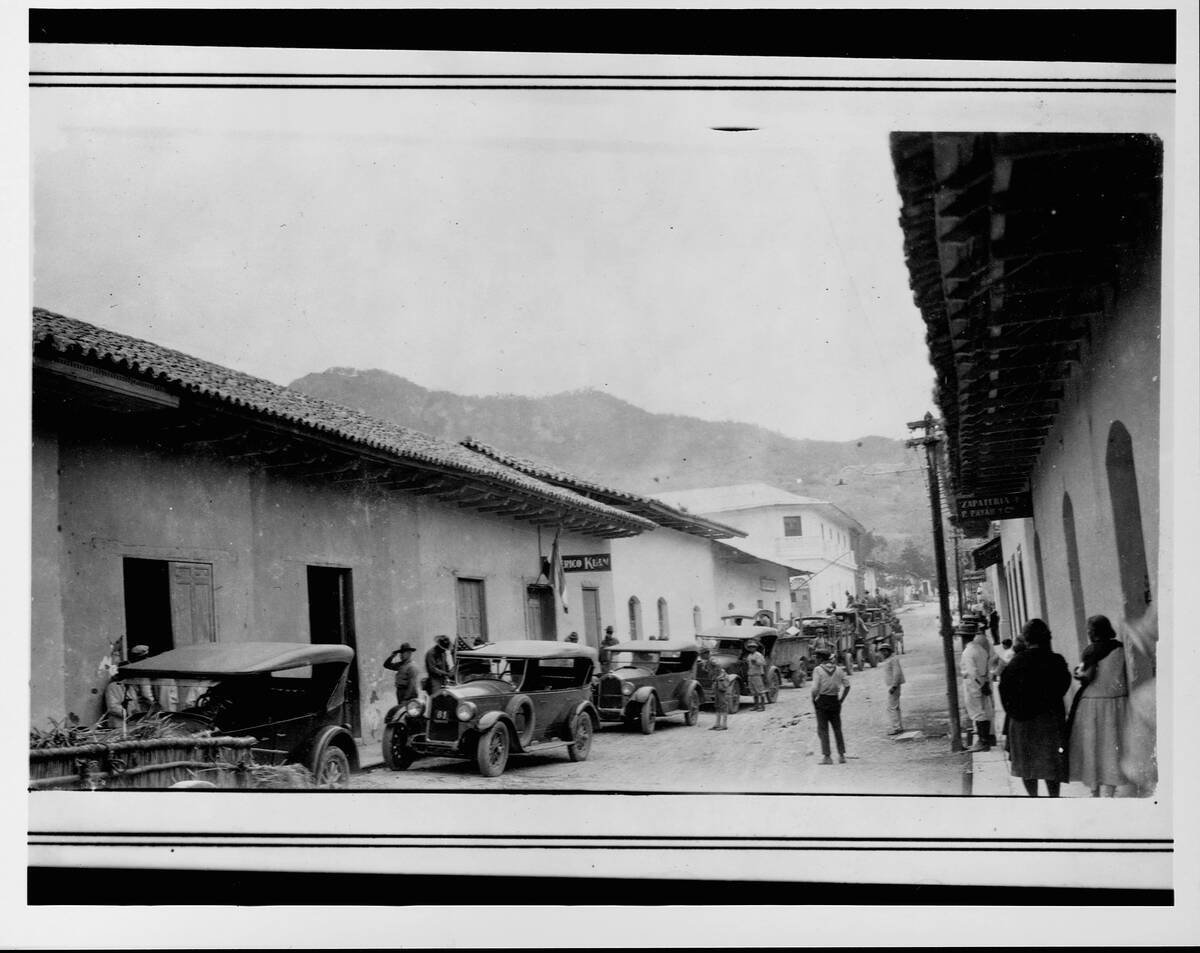
The term “Banana Wars” refers to a series of U.S. military interventions in Central America during the early 20th century, heavily influenced by the United Fruit Company. This American corporation, seeking to protect its agricultural interests, played a critical role in shaping U.S. foreign policy in the region.
The company’s lobbying efforts led to military action under the guise of protecting American citizens, yet primarily served its economic interests. This era highlights the profound impact a single company can have on international affairs.
The Corporate Colonization: The Dutch East India Company’s Military Campaigns
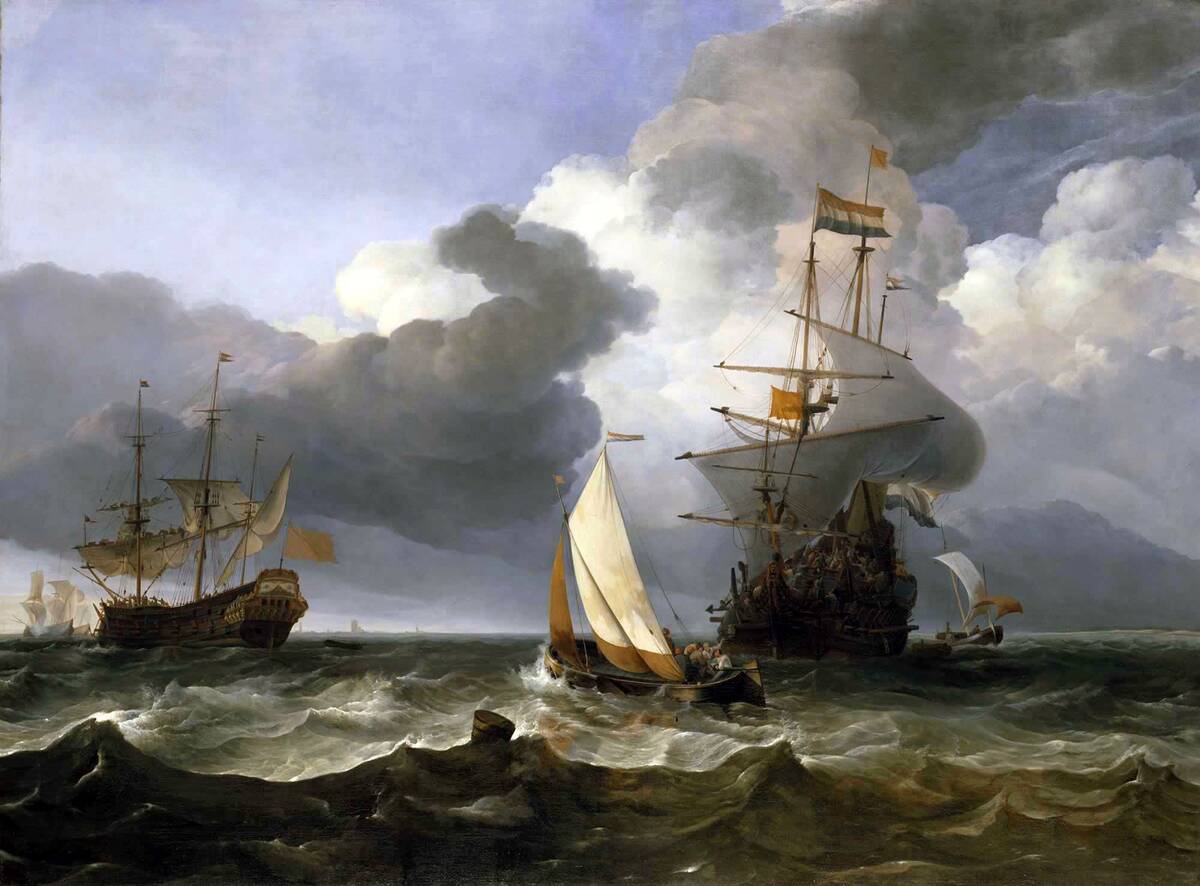
The Dutch East India Company, or VOC, was one of the first multinational corporations, wielding immense power in the 17th century. It established colonies and fought numerous military campaigns to protect its trade interests, particularly in Southeast Asia.
The VOC even had the authority to wage war and negotiate treaties, effectively acting as a government. Its aggressive expansionism and monopolistic practices were instrumental in the economic colonization of vast regions, setting the stage for modern corporate imperialism.
The Conquistadors’ Ventures: Private Expeditions in the Americas
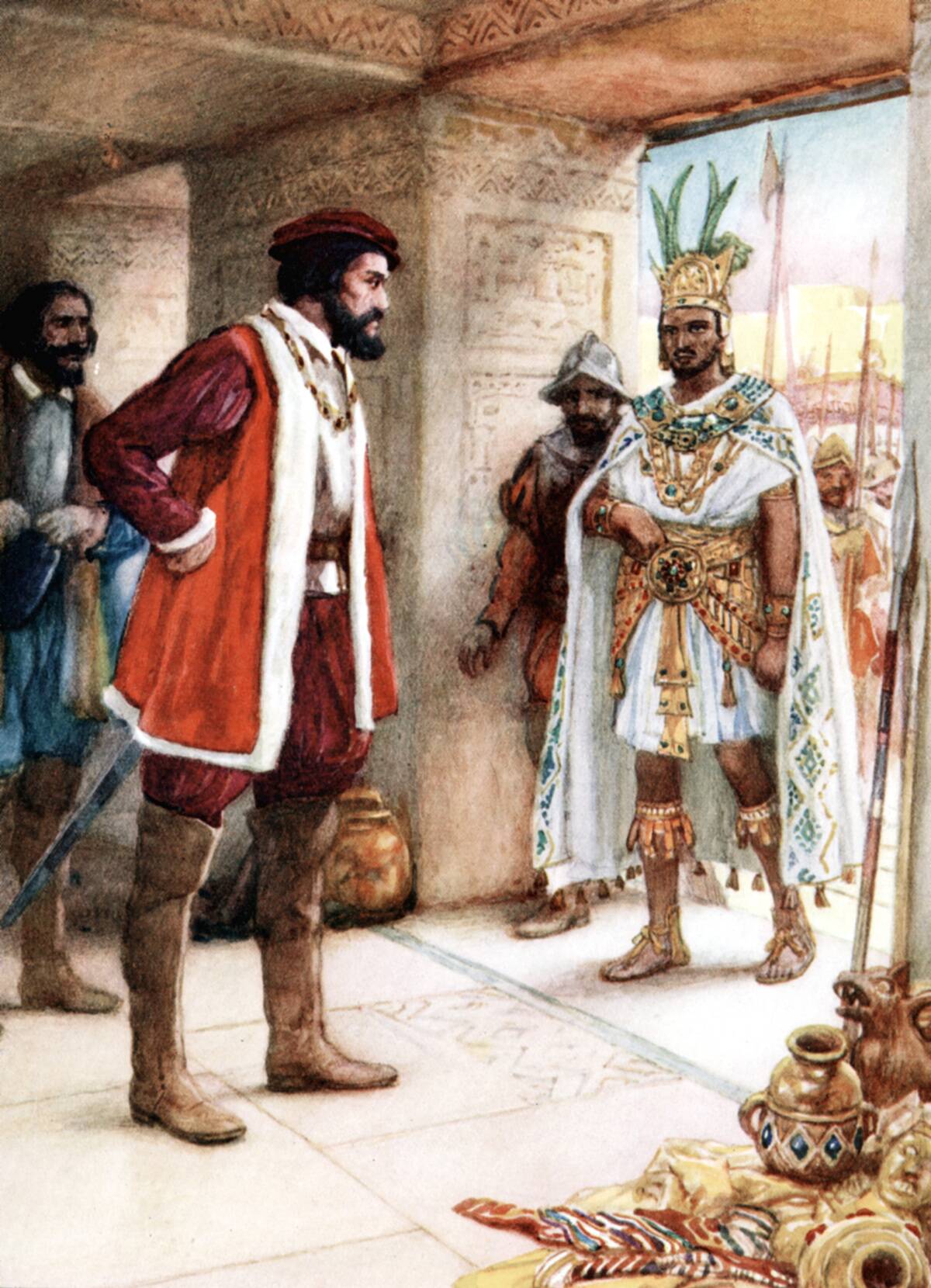
Conquistadors, like Hernán Cortés and Francisco Pizarro, led private military expeditions in the Americas that transformed the continent. Backed by the Spanish crown, these ventures were driven by the lure of gold and riches, often resulting in brutal conflicts with Indigenous peoples.
These private armies operated with a mix of personal ambition and royal sanction, leaving a lasting impact on the New World. Their exploits illustrate how individual and corporate interests can dramatically reshape entire regions.
The Belgian Congo: King Leopold II’s Private Enterprise and Its Atrocities
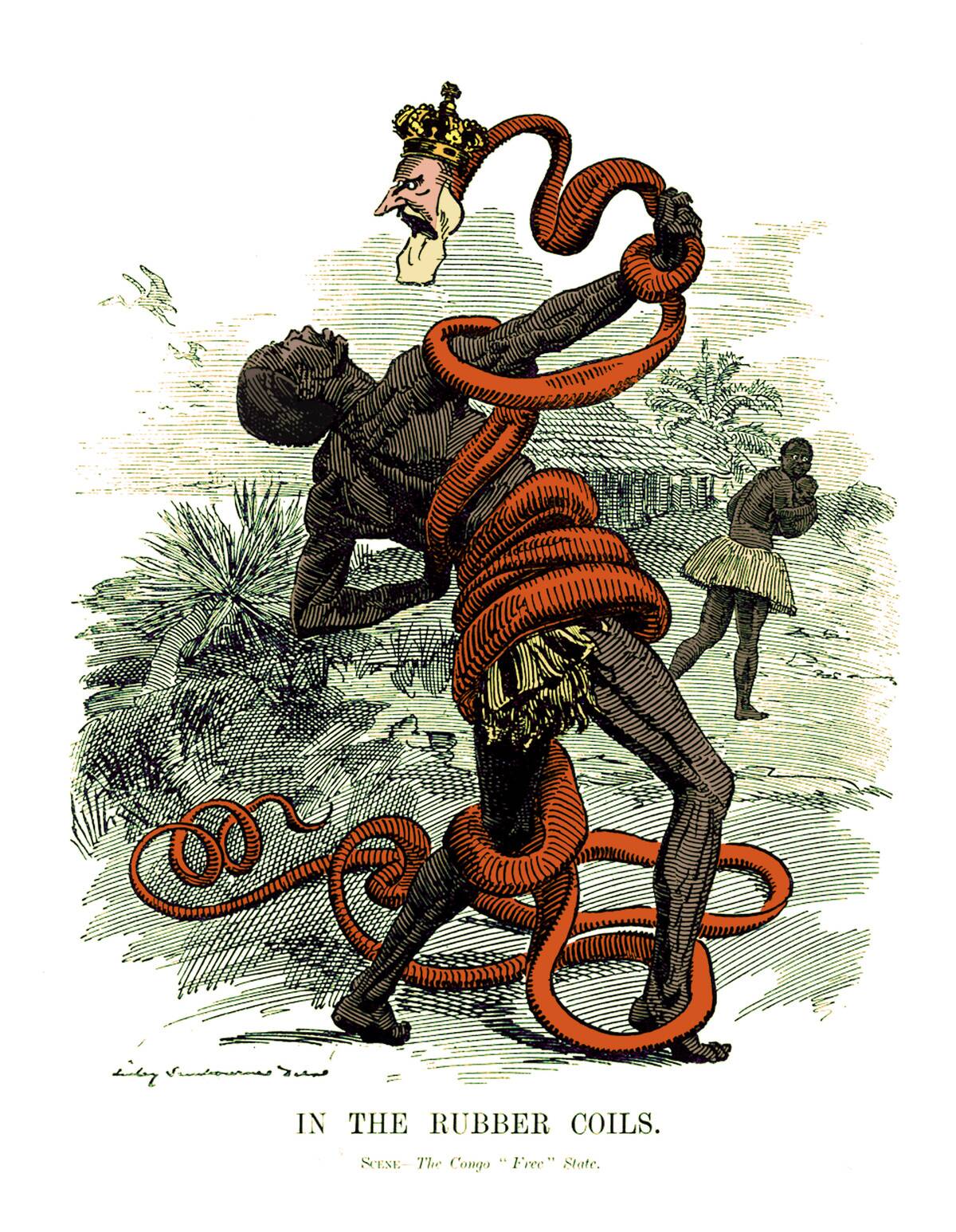
The Belgian Congo, under King Leopold II, became a chilling example of corporate exploitation. Although it was a personal possession of Leopold, the Congo Free State was run as a corporate enterprise, primarily to extract rubber and ivory.
The regime’s brutal practices, including forced labor and violence, led to the deaths of millions of Congolese. This dark chapter in history underscores the devastating consequences of unchecked corporate greed and the exploitation of human and natural resources.
The Privateering Wars: Government-Sanctioned Corporate Piracy
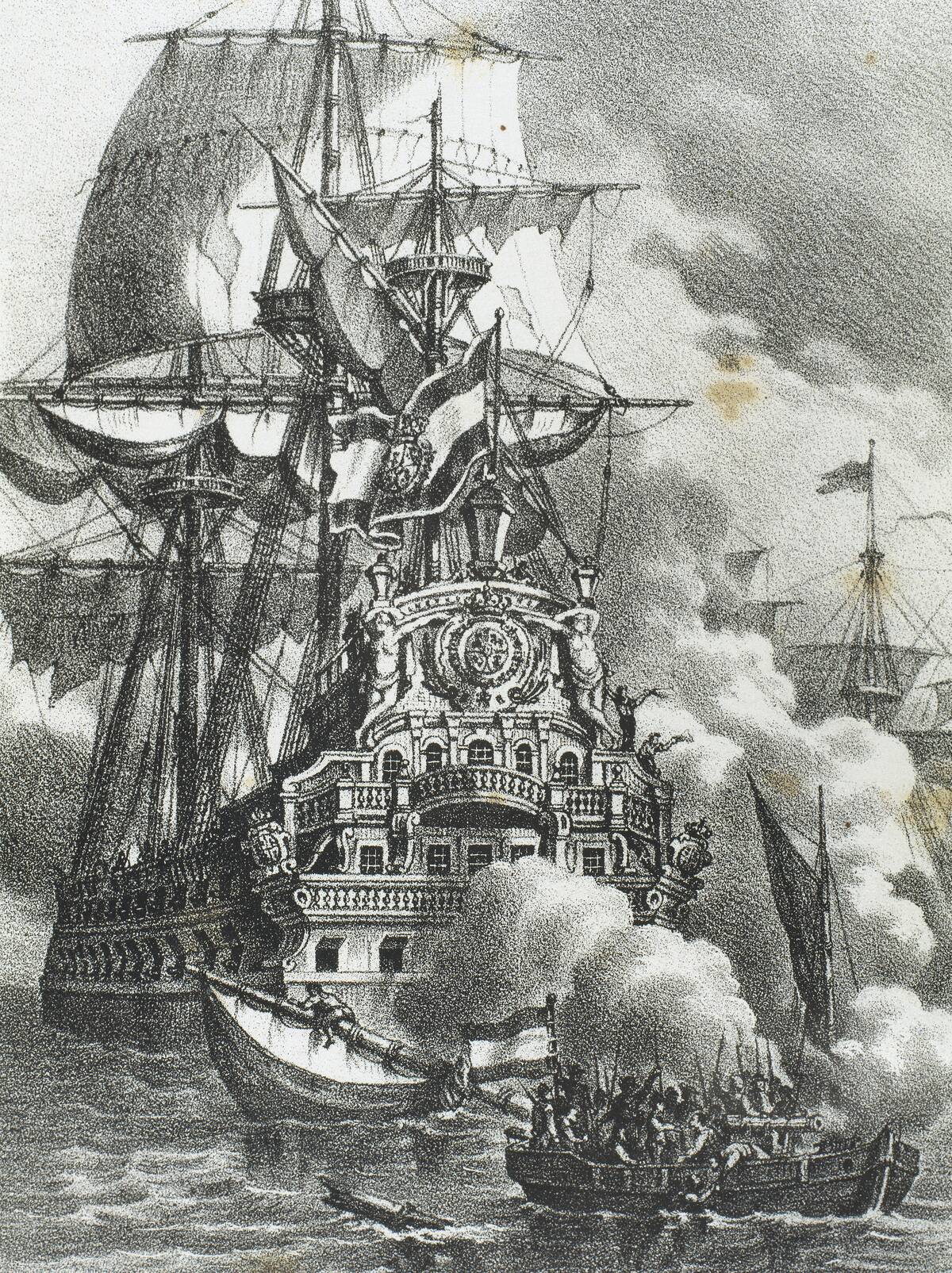
Privateering, sanctioned by governments, allowed privately-owned ships to capture enemy vessels during wartime, blurring the line between piracy and legitimate warfare. These privateers, operating under “letters of marque,” were essentially corporate-backed pirates, contributing to naval conflicts from the 16th to the 19th centuries.
Nations like England and France used privateering to weaken rivals while boosting their own economies. This practice highlights the complex interplay between state interests and private enterprise in the theater of war.
The Role of the British South Africa Company in the Matabele Wars
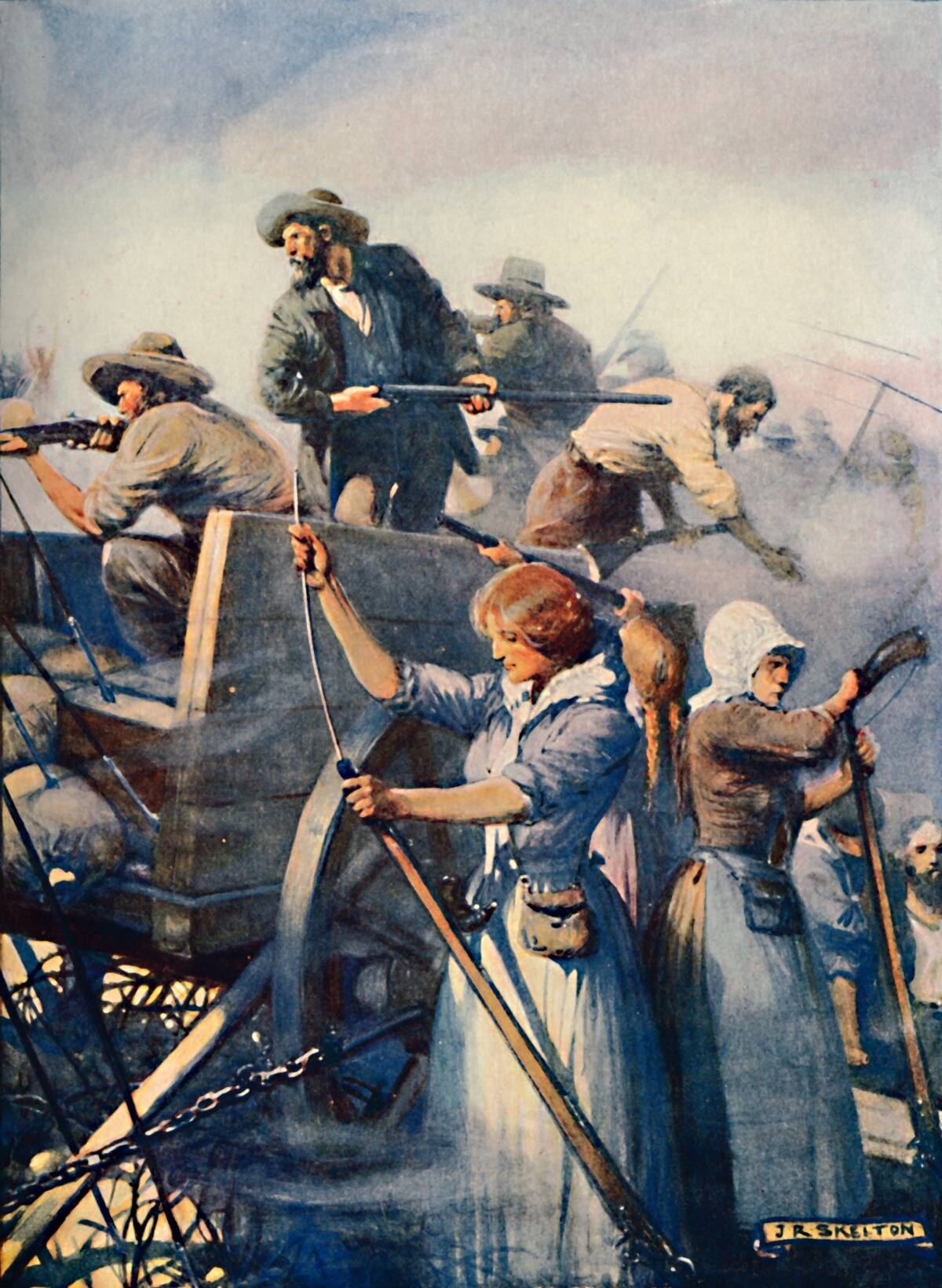
The British South Africa Company, led by Cecil Rhodes, played a central role in the Matabele Wars during the late 19th century. Aimed at expanding British influence and exploiting mineral wealth in present-day Zimbabwe, the company used its own private army to suppress local resistance.
These conflicts were driven by the pursuit of land and resources, with the company acting as both commercial entity and colonial power. This dual role exemplifies the intertwined nature of business interests and imperial expansion.
The Filibusterers: Private Armies and Invasions in Central America
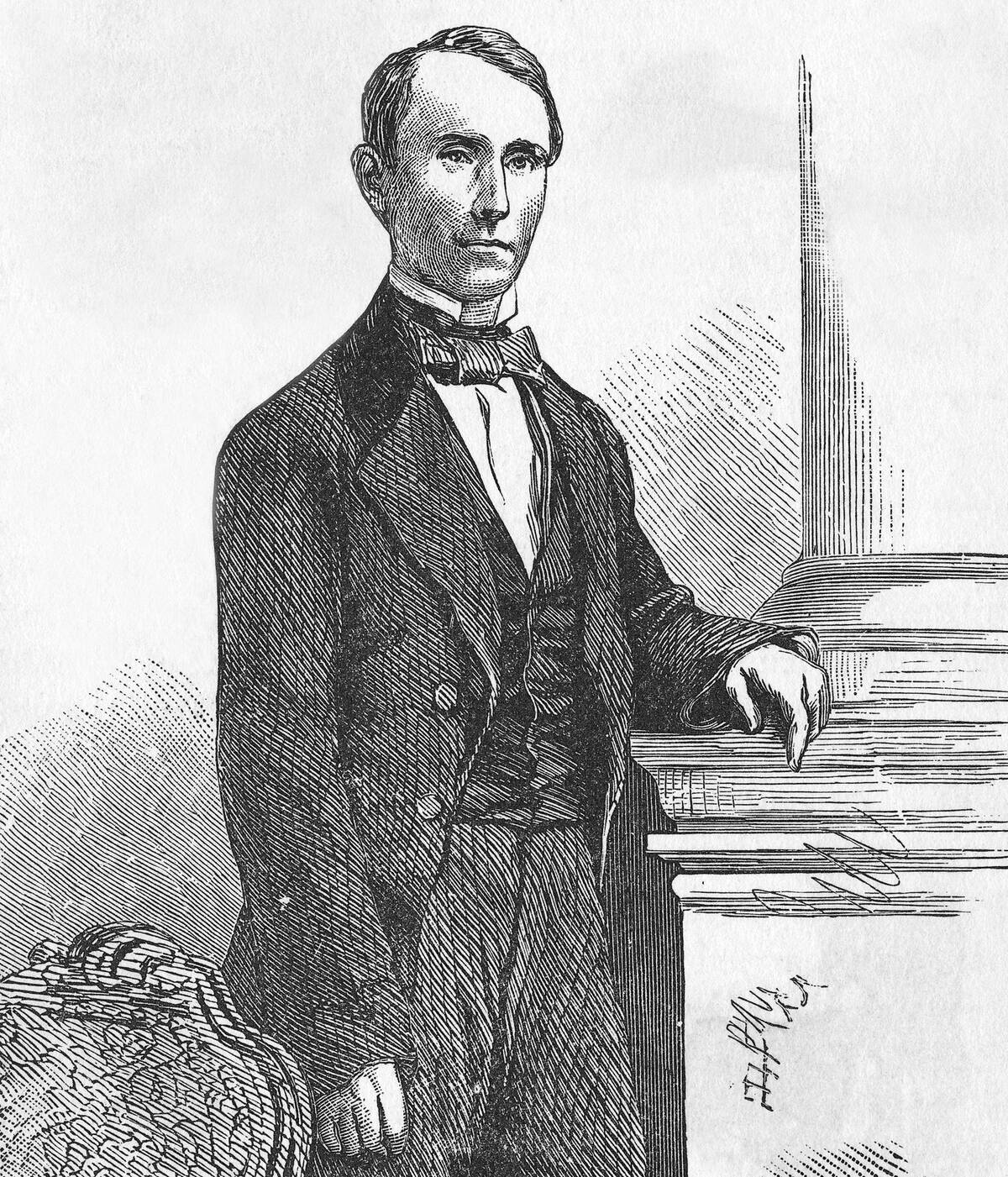
Filibusterers were adventurers who led private military expeditions into Latin America during the 19th century, aiming to establish control over territories. Figures like William Walker, who briefly became President of Nicaragua, exemplified these privately-funded invasions.
These actions, often illegal, were motivated by a mix of personal ambition and the desire to spread American influence. The phenomenon of filibustering highlights how individuals and private groups can instigate conflict for both ideological and economic gain.
The Role of Private Military Companies in Modern Conflicts

Private Military Companies (PMCs) have become significant players in modern warfare, offering services ranging from logistics to combat operations. Firms like Blackwater (now Constellis) have been involved in conflicts in Iraq and Afghanistan, often working alongside national militaries.
These companies operate in a legal gray area, raising questions about accountability and the privatization of war. Their growing presence in global conflicts reflects a shift in how wars are fought and the increasing role of corporate interests.



